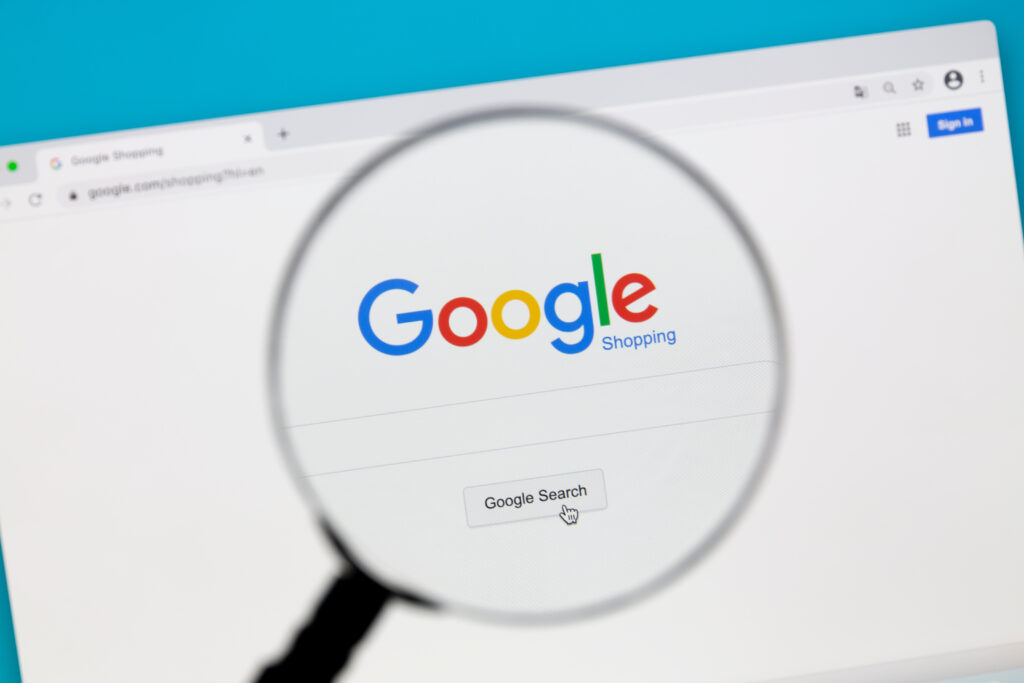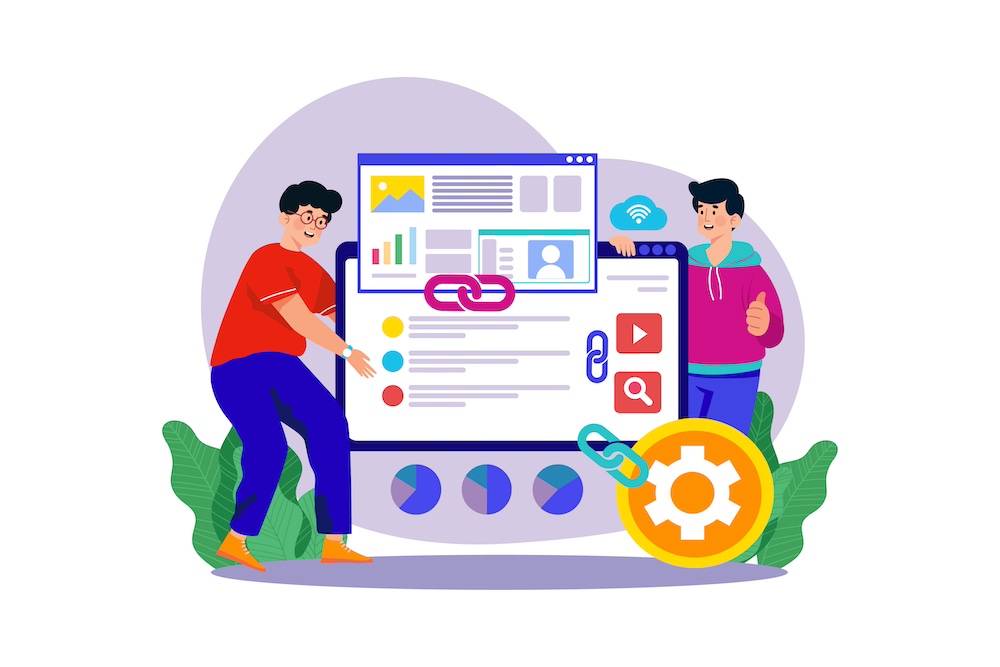So, you want to launch your own empire on Shopify?
Regardless of whether you’re looking to sell socks, skincare or skateboards – your Shopify store must be SEO-friendly to attract relevant search traffic and ultimately sales.
If you’re not an ecommerce website designer or SEO expert you might not be hitting your potential when it comes to being found online for relevant searches. But with some simple adjustments and regular fine-tuning, your products can get found by your target audience more easily.
So here are some top tips from the Imaginaire team on improving the SEO credentials of your Shopify store.
Start by choosing the right theme
It’s possible to create your own custom Shopify theme or you can select from a pre-existing theme. Similar to regular websites, having a custom theme will allow for greater control over all aspects of your Shopify store, including the SEO aspects.
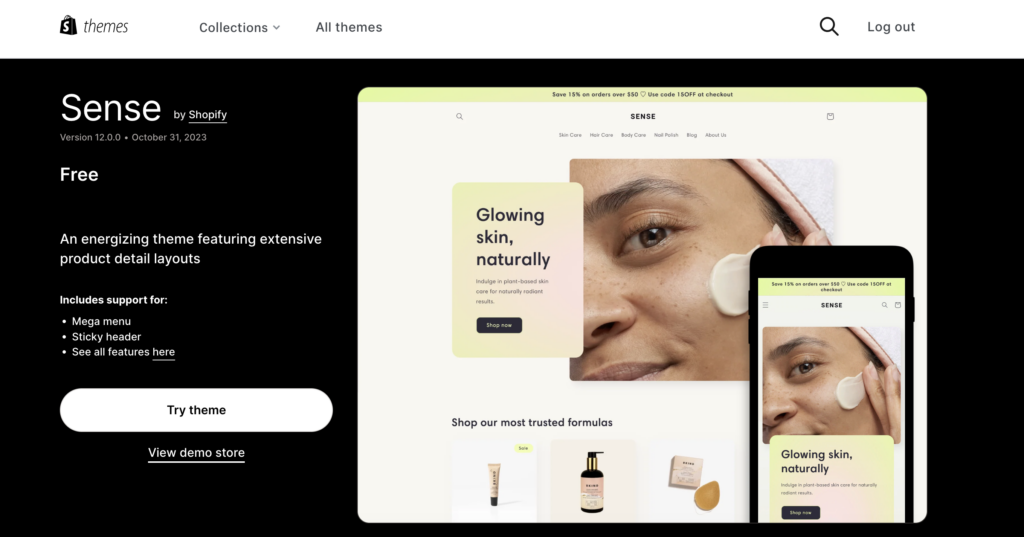
However, if you choose a pre-existing Shopify theme, then you can view a full list of included features underneath before making your selection. Read these carefully, as if your store is missing any basics it could be difficult to customise the SEO aspects needed to be found by your audience.
Also, look out for themes which are glitchy or slow to load. Slow load times greatly increase the chance your users will bounce, which is why any images or videos should also be optimised with page speed in mind.
Page content
Again, just like a regular website built on WordPress or elsewhere – a Shopify store needs content such as heading tags, written copy and images. Every aspect of the page content should be written or in the case of images named with SEO in mind.
Granted, ecommerce stores might not need 4,000 words of page content. That said, if the content is on the thin side, and also hasn’t been planned to include SEO-friendly keywords, the store may struggle to rank on Google.
Therefore, every page should be planned out in advance to include enough content with a strategic use of keywords.
SEO-Friendly product titles & descriptions
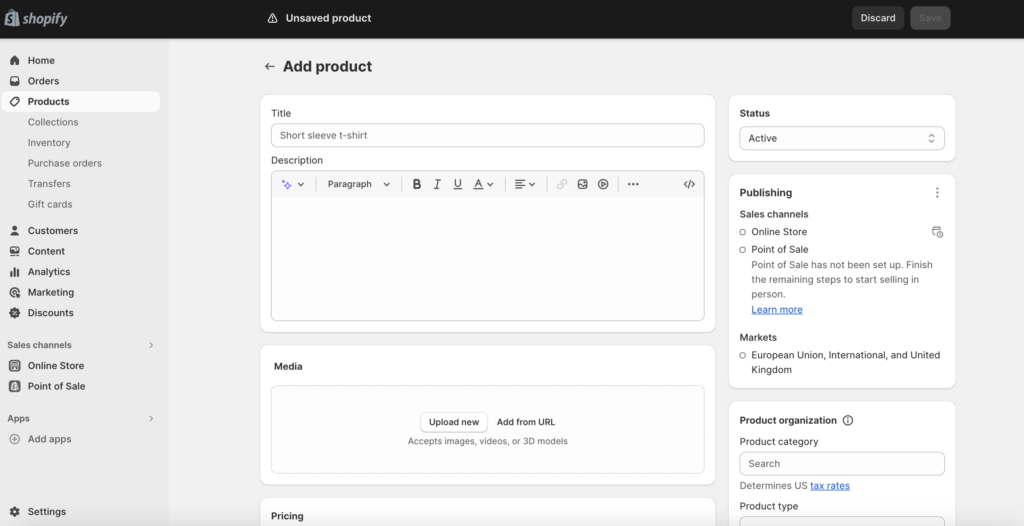
This leads us nicely to the individual products listed on a Shopify store, which should also be customised with SEO-friendly headings, product descriptions, meta descriptions and tags.
As a busy ecommerce store owner, it might be tempting to leave the product information blank especially when it comes to the description or tags. But doing so leaves opportunities to be found by your target customer behind.
All of the information which accompanies your product should be relevant while considering a broad use of terms. It’s for this reason that writing SEO-friendly ecommerce product descriptions is an expert job.
Another no-no to avoid is copying and pasting product descriptions, as this will appear as duplicate content. So while writing high-quality, SEO-friendly descriptions takes time, in the end, it’s all about providing quality and relevance to both search engines and visitors alike.
Top tip: Keep your descriptions short and skimmable, while addressing customer pain points wherever applicable.
Adding a blog section
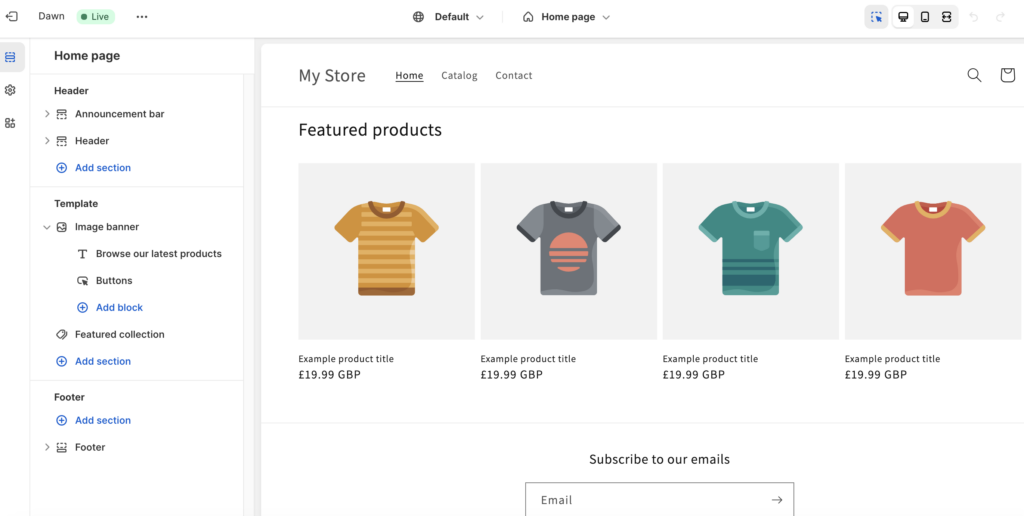
Regularly adding blog content (and updating any old content) is a great SEO tactic for any Shopify store.
Create an SEO strategy for your blog which outlines SEO-friendly titles. Consider what content your customers would most be interested in reading about so that you can link your products within the content for a natural sales pitch.
Aim for at least one new post a month, and take the time to write quality content which offers an experience which will keep users on the page. That way, you can look to attract visitors beyond those directly Googling your store.
FAQ sections
Most Shopify templates have FAQ sections which can be added to your pages. As well as helping solve customer queries about products, shipping or delivery, FAQ sections can also have an SEO focus.
Likewise, on landing pages or even within blogs, if there are any SEO questions related to the main keyword on the page, then including these queries can help improve the search friendliness of the store as a whole.
Website footer
The footer is the very last thing users will see on the page, whether they are browsing on mobile or desktop. When done well, a website footer should recap the main store pages and sections. Plus offer further links of interest such as your contact information or social media pages.
Footers are so easy to overlook, but in reality, they are an important component of SEO. All of the links should not only be relevant to the shopper but also be fully functional (i.e. no broken links or links to the wrong content by mistake).
Imaginaire – Shopify SEO & website design UK
Do you own a Shopify store, or are you looking to create one?
Ecommerce web design or SEO from Imaginaire can help create the best impression for your website visitors, plus ensure your products get found by your target customers.
As a UK-based digital marketing agency, we have an acute understanding of the SEO challenges that Shopify can bring. So let us help you there!
Let us know more about your Shopify store along with your SEO needs by dropping us a message. You can also give us a call on 0115 697 1541.

